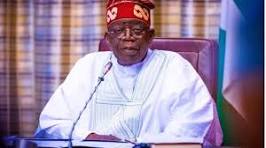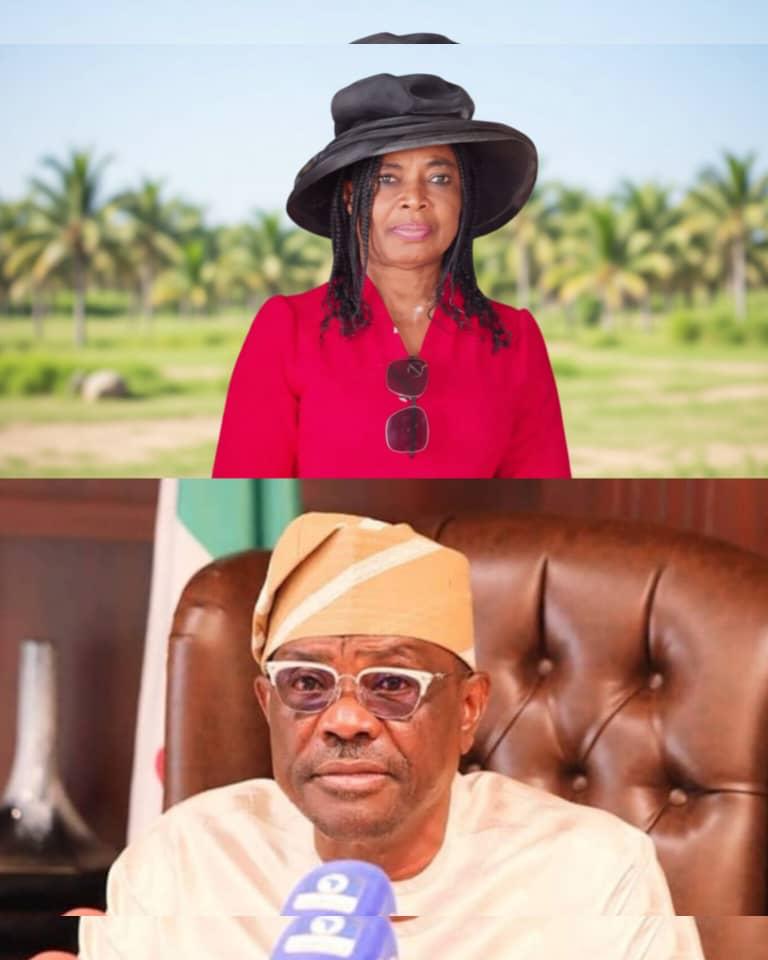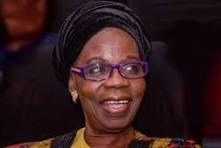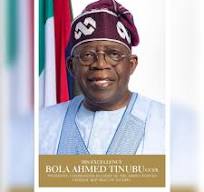On October 1, 2025, President Bola Ahmed Tinubu delivered a national broadcast to mark Nigeria’s 65th Independence Anniversary. The broadcast was not merely ceremonial but crafted as a mixture of historical reflection, justification of reforms, reassurance of progress, and a forward-looking call to action.
Examining the address in terms of political messaging, rhetorical style, policy implications, and likely public reception provides deep insight into how the administration intends to shape national consciousness at a critical moment in Nigeria’s democratic journey.
From the outset, Tinubu’s broadcast situated his administration within Nigeria’s larger historical trajectory. By invoking the sacrifices of nationalist heroes such as Nnamdi Azikiwe, Obafemi Awolowo, and Ahmadu Bello, he deliberately aligned his government with the aspirations of the founding fathers. He reminded Nigerians that independence was a “grand dream of a strong, prosperous, and united Nigeria that will lead Africa and be the beacon of light to the rest of the world.”
Politically, this framing sought to elevate his administration above partisan disputes, portraying him as a steward of national destiny. By positioning reforms as an inheritance from the struggles of past leaders, Tinubu cast his policies as necessary steps in the ongoing project of nation-building rather than as isolated choices.
He also presented himself as a leader of resilience, pointing out that “our country has experienced both the good and the bad times in its 65 years of nationhood… we weathered every storm and overcame every challenge with courage, grit, and uncommon determination.” Such rhetoric situates his government in continuity with Nigeria’s history of endurance through crises.
Balancing candor with reassurance
Tinubu employed a mix of candor, persuasion, and motivational appeal. He candidly acknowledged Nigeria’s economic difficulties, noting that his administration inherited “a near-collapsed economy caused by decades of fiscal policy distortions.” Yet he balanced this honesty with reassurance: “The worst is over, I say. Yesterday’s pains are giving way to relief.”
This balance of admitting hardship while projecting optimism is a classic rhetorical strategy to maintain public trust. It seeks to convince Nigerians that while reforms have been painful, they are producing tangible results.
Another notable feature was repetition for emphasis. Phrases such as “We chose the path of reform. We chose the path of tomorrow over the comfort of today” and “let us… let us…” in his call to productivity and national unity were deliberate to create rhythm and memorability.
The president also used metaphors to simplify complex issues. He compared reforms to “fixing the plumbing in our economy” and called on Nigerians to “turn on the taps of productivity.” Such imagery makes economic policy more relatable to ordinary citizens.
Consolidating economic reforms
A significant portion of the president’s independence speech highlighted economic reform achievements, reflecting his determination to frame his presidency as one of structural transformation. He revisited the controversial decisions of subsidy removal and exchange rate unification, describing them as courageous steps to “redirect the economy towards a more inclusive path.” According to him, these reforms have freed resources to invest in education, healthcare, and infrastructure.
The president listed twelve economic milestones, including improved revenue generation, higher reserves, reduced debt service ratios, and record non-oil exports. He proudly declared, “Nigeria has recorded a trade surplus for five consecutive quarters… Goods manufactured in Nigeria and exported jumped by 173%.” Such figures aimed to demonstrate that reforms are delivering measurable progress, even if citizens still face daily hardships.
Security, youth empowerment, and social investment were also prominent policy areas. He saluted the armed forces, claiming they are “winning the war against terrorism, banditry and other violent crimes.” For young people, he emphasized student loan disbursements (N99.5 billion), consumer credit schemes, and the iDICE programme for digital and creative enterprises. By doing so, he addressed the demographic group most critical to the country’s future stability.
Overall, the policy implications are clear: Tinubu intends to continue market-oriented reforms, prioritize infrastructure, and diversify the economy beyond oil, while cushioning the poor through social investment.
Mixed public reception
The reception of the broadcast will likely be mixed, reflecting Nigeria’s polarized political environment. Supporters may see the broadcast as evidence of steady leadership and proof that reforms are working. By citing statistics such as “GDP grew by 4.23%” and “inflation declined to 20.12% in August 2025,” the president sought to reassure citizens that the economy is stabilizing.
However, skeptics and opposition voices may question the lived reality behind these numbers. Many households continue to grapple with high food prices, unemployment, and inadequate electricity. Tinubu’s admission that reforms brought “temporary pains” may not be enough to pacify citizens who feel excluded from the benefits.
The political opposition may also interpret his triumphalist tone — “We have finally turned the corner. The worst is over” — as premature, especially if ordinary Nigerians do not immediately experience relief.
Among the youth, initiatives like student loans and consumer credit may resonate positively, but critics could still argue that these schemes risk saddling young people with debt in an economy that lacks adequate jobs.
Hope, productivity, and national unity
The speech’s central theme was hope through productivity. Tinubu urged Nigerians to embrace self-reliance, stating: “Let us be a nation of producers, not just consumers. Let us farm our land and build factories to process our produce. Let us patronise ‘Made-in-Nigeria’ goods. I say Nigeria first.”
This appeal reflects his attempt to shift national consciousness toward enterprise and innovation. It also echoes his campaign slogan, the “Renewed Hope Agenda,” which he reinforced by assuring that “the dawn of a new, prosperous, self-reliant Nigeria is here.”
Another recurring theme was unity in diversity. By reminding Nigerians of their shared struggles — from colonialism to civil war to dictatorship — he sought to transcend regional and ethnic divides. His repeated use of inclusive pronouns (“we,” “our,” “fellow Nigerians”) reinforced collective ownership of the national journey.
The strength of the broadcast lies in its comprehensive narrative linking past struggles, present reforms, and future aspirations. Through its statistical grounding (Citing figures), Tinubu aimed to give credibility to his claims of progress. The youth focus broadcast betrays the President’s awareness of their centrality to Nigeria’s future. The speech was infused with hope, resilience, and national pride.
On the flipside, the broadcast carries limited empathy. While the President acknowledged hardships, his assurances may have sounded overly technocratic compared to the everyday sufferings of citizens. Although rice in figures, the statistics may be challenged as selective or out of touch with lived realities.
Also, the presidential broadcast lacks specificity in security reforms. While praising the military, he offered little detail on long-term strategies to sustain peace.
Carefully crafted political communication
In all, President Tinubu’s 65th Independence Anniversary broadcast was a carefully balanced exercise in political communication. By blending historical references, rhetorical optimism, economic achievements, and youth-focused promises, he attempted to consolidate public confidence in his reformist agenda.
His assertion that “yesterday’s pains are giving way to relief” reflects his strategy of framing sacrifice as necessary for future prosperity. Yet the ultimate success of this broadcast lies not in its eloquence or statistical depth, but in whether Nigerians will tangibly feel improvements in their daily lives.
For now, the address stands as both a declaration of intent and a test of credibility. Nigerians will judge not by words but by whether the promised “new, prosperous, self-reliant Nigeria” materializes in their homes, markets, and workplaces.





